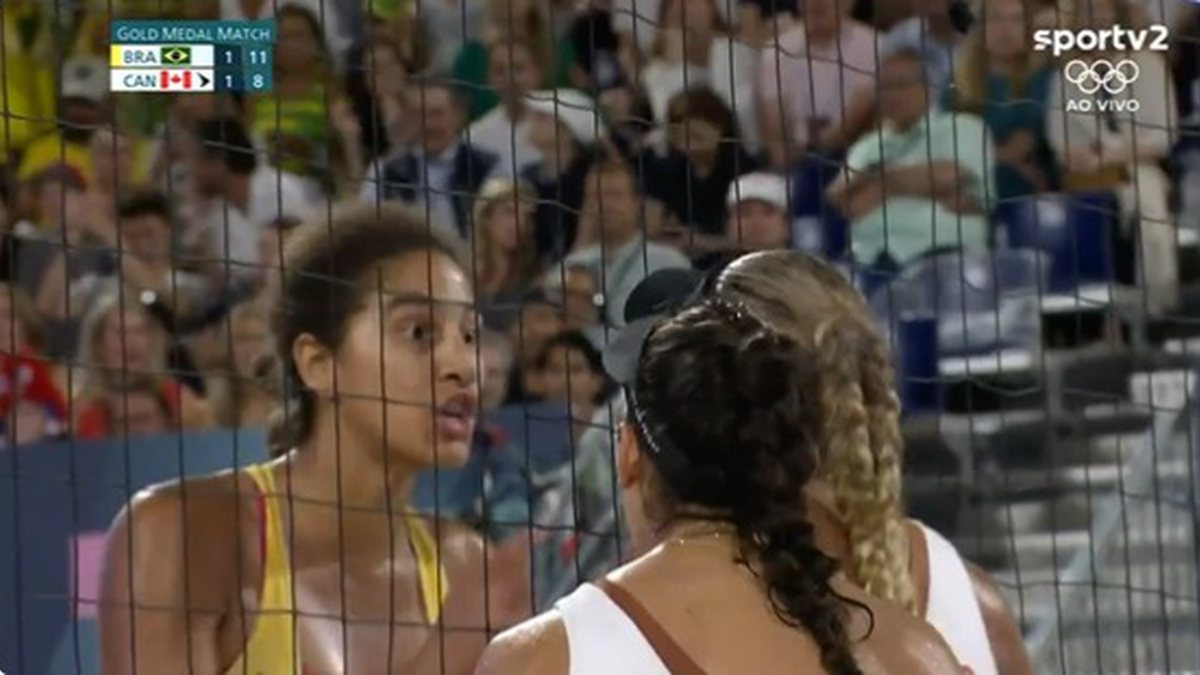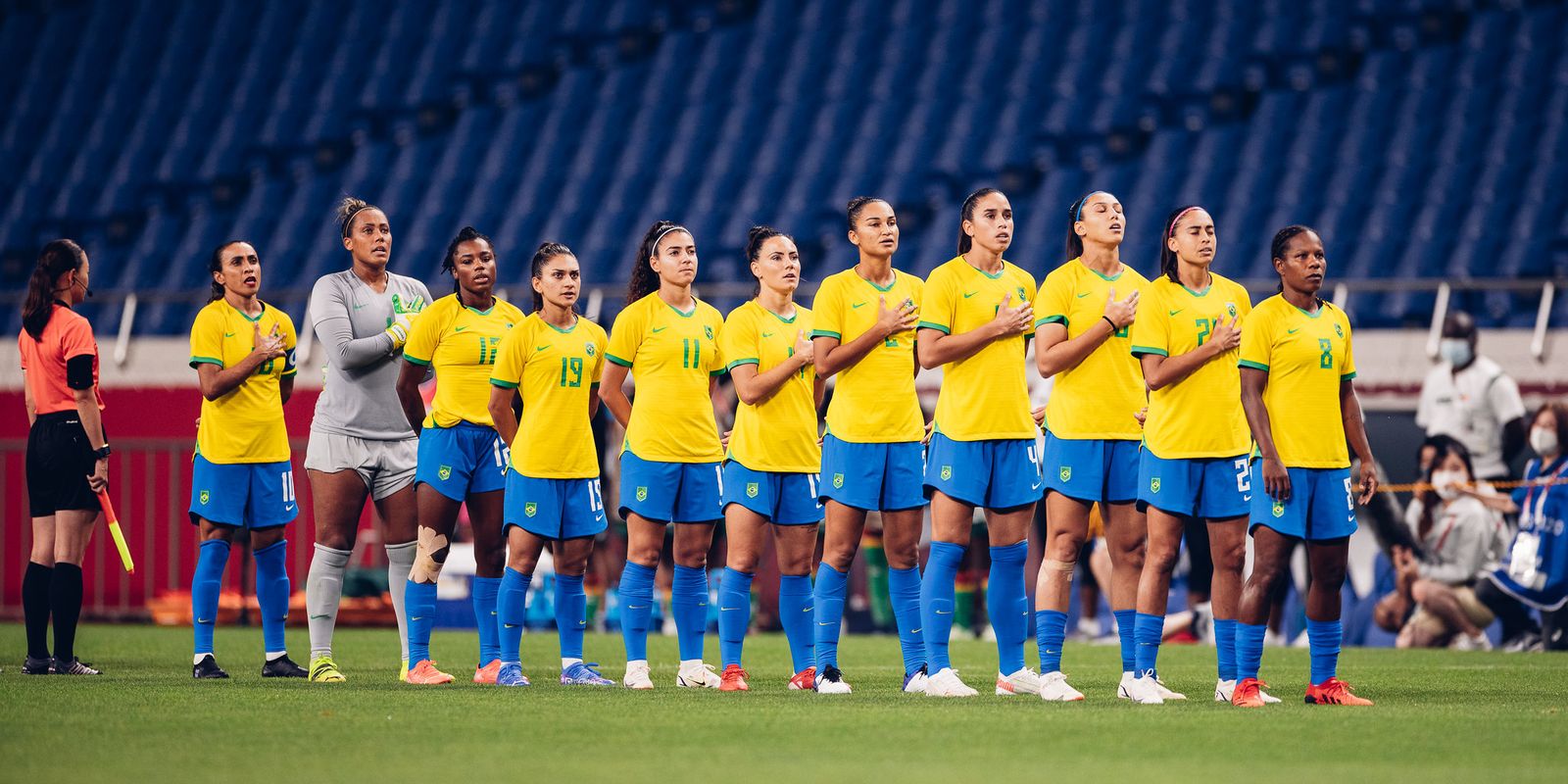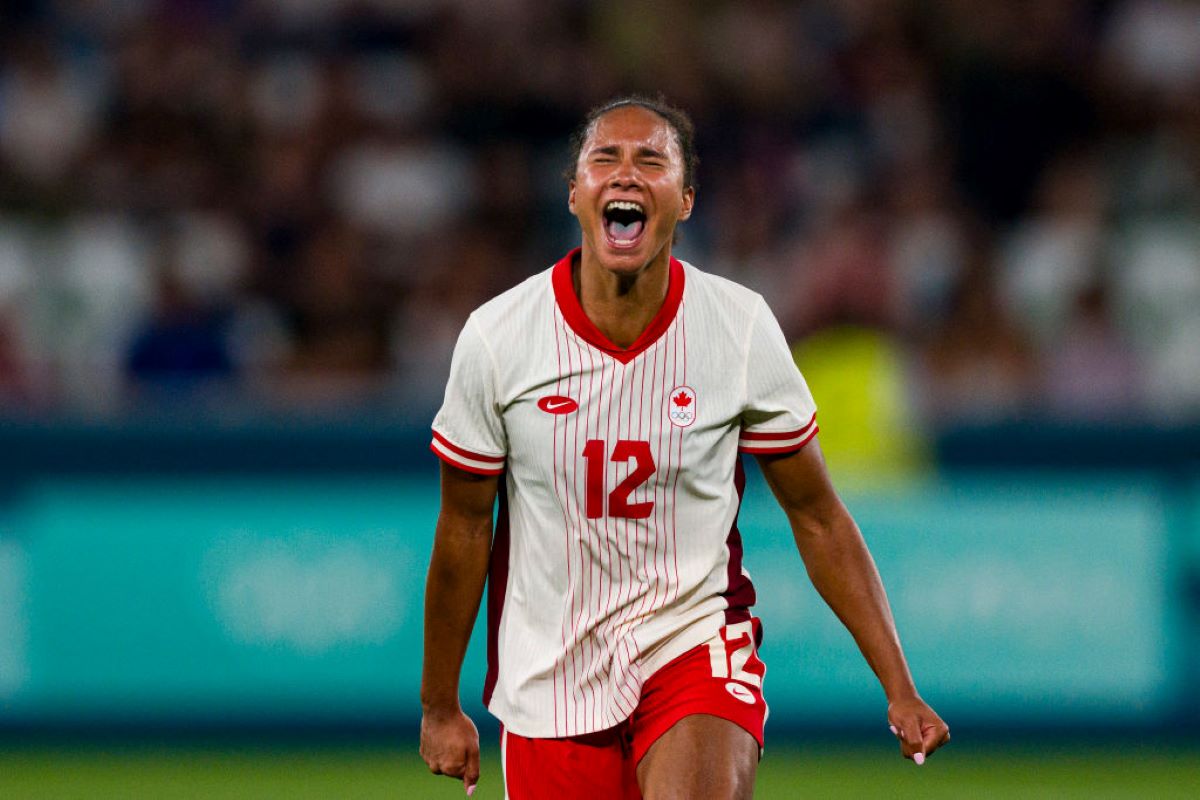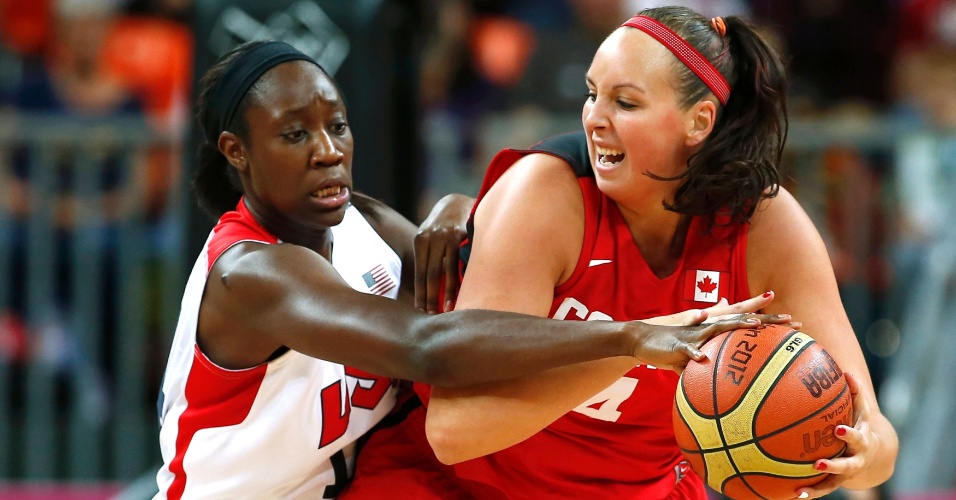Quinn plays for the Canadian women’s national soccer team, is trans and non-binary (she does not identify as male or female), and uses only he/she pronouns.
Quinn plays in midfield and replaced midfielder Júlia Grosso at halftime, who scored the final penalty and won the first Olympic gold medal for the Canadian women’s soccer team.
The Tokyo Olympics have gone down in history not only as the Games of the pandemic, but also as those of diversity and the defense of gender equality.
This makes the competition more diverse than the last two Olympics (London 2012 and Rio 2016), which together had 79 openly LGBTQIA+ athletes.
Understand in the video below what the acronym LGBTQIA+ means:
More than a letter: understand what the acronym LGBTQIA+ means
It was Canada’s first victory against the United States in women’s soccer in 20 years.
Gold was won by the Canadians after two consecutive bronzesat London 2012 and Rio 2016 (where they also beat the Brazilians in the fight for 3rd place).
Quinn was on track to medal at Rio 2016, but at the time he was not publicly out as a trans and non-binary person.
Tokyo: the women’s team is eliminated by Canada on penalties
“I don’t know how to feel”
Two weeks ago, Quinn wrote on social media: “First openly trans person to compete in the Olympics. I don’t know how to feel.”
“I’m proud to see ‘Quinn’ in the lineup and on my accreditation,” he said. “It saddens me to know that there were Olympians before me who were unable to live their truth because of the world.”
“I feel optimistic about change. Changes in laws. Changes in rules, structures and mentalities,” said Quinn, who however said he was “aware of the realities.”
“Trans girls are banned from playing sports. Trans women face discrimination and prejudice as they try to achieve their Olympic dreams. The fight is not over yet…and I will celebrate when We will all be there.”
VIDEOS: the latest international news

“Evil pop culture fanatic. Extreme bacon geek. Food junkie. Thinker. Hipster-friendly travel nerd. Coffee buff.”

:strip_icc()/i.s3.glbimg.com/v1/AUTH_59edd422c0c84a879bd37670ae4f538a/internal_photos/bs/2021/O/J/jAoWkqQ5CdESUsfrl0Qw/ap21218443649184.jpg)




:strip_icc()/i.s3.glbimg.com/v1/AUTH_da025474c0c44edd99332dddb09cabe8/internal_photos/bs/2024/x/2/N6XJkFRYWxJY6hAeUEtw/betty2.png)
